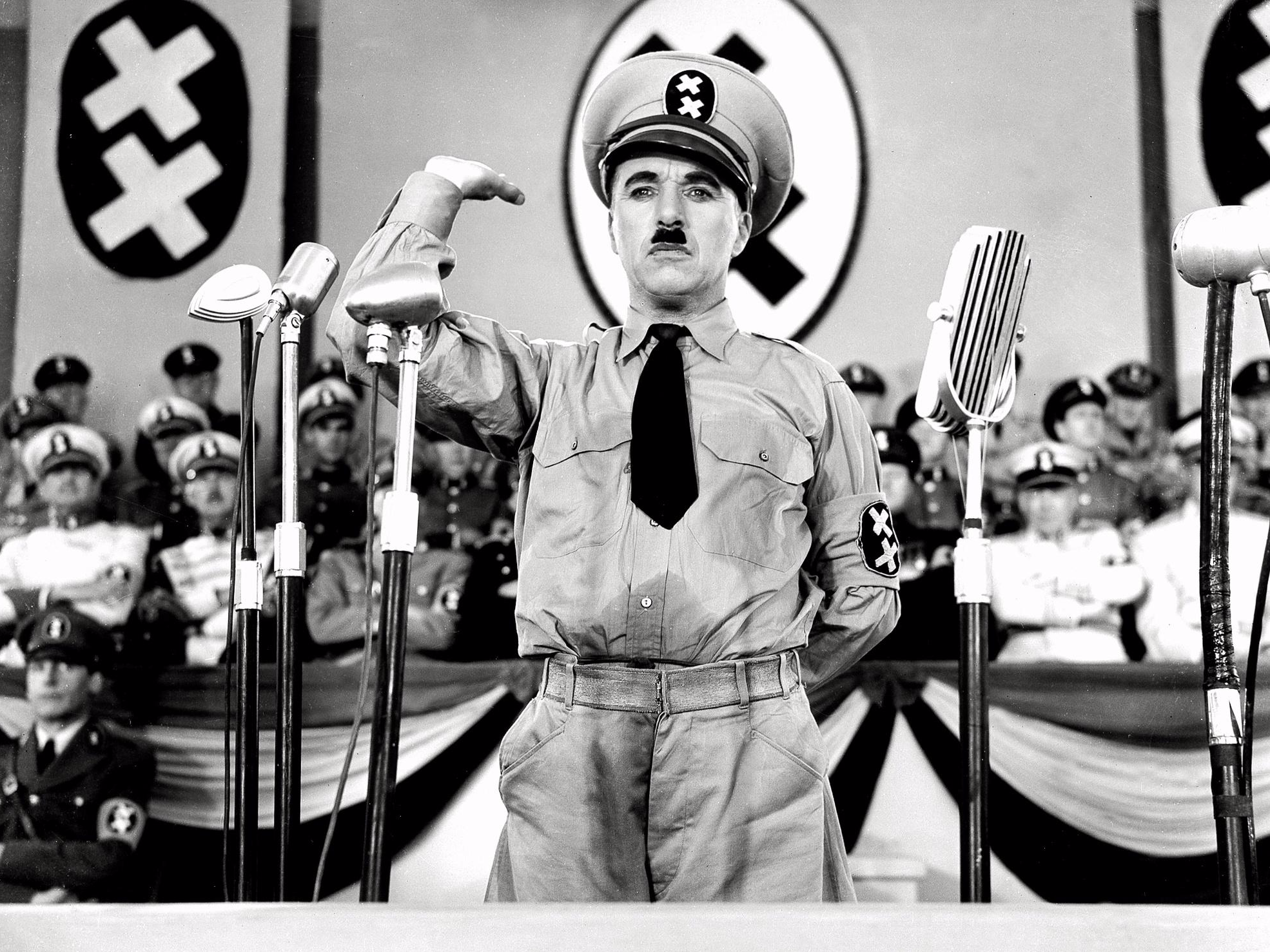If you ever question the power of cinema, all you need to do is check out the movies that have been banned in different areas of the world over the past 100-plus years to reaffirm the grip the medium has on people.
Whether it be for political reasons (“The Great Dictator”), religious reasons (“The Last Temptation of Christ”), or just because of the use of specific colors (“The Simpsons Movie”), all kinds of movies have been blocked from being shown based on some perceived offense.
Here are 19 well-known movies that have been banned:
"The Battle of Algiers"
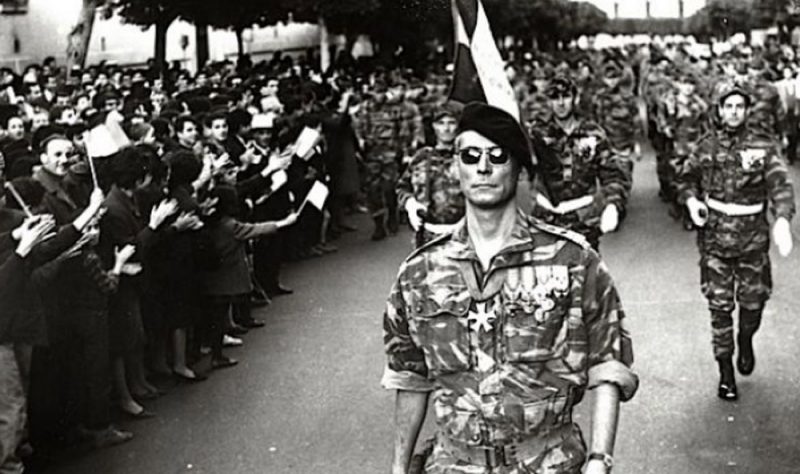
A landmark faux-documentary about the Algerian War in the late 1950s and early 1960s against the French government in North Africa, the movie was banned in France for six years due to its pro-Algerian message.
"Battleship Potemkin"
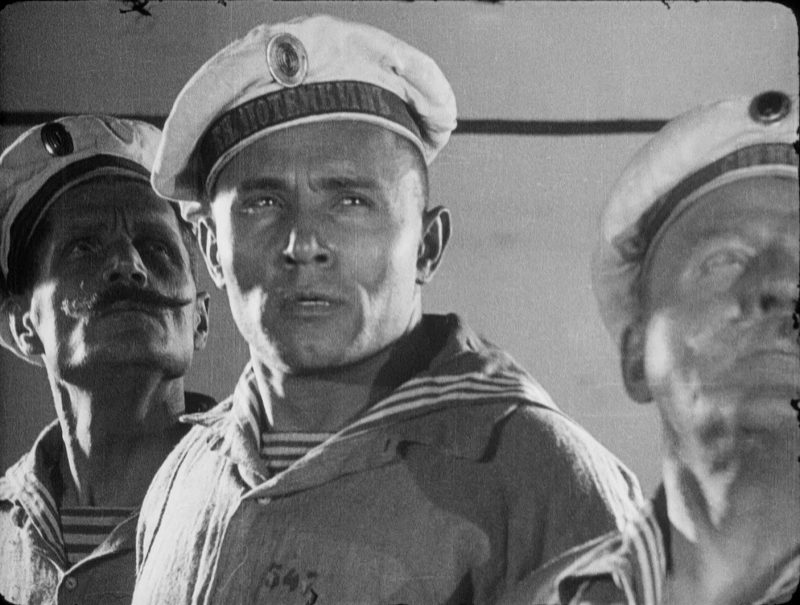
This classic 1925 silent movie dramatizing the mutiny of a Russian battleship in 1905 led to it being banned in Nazi Germany and numerous other countries at the time of its release due to fears that it would cause a Marxist revolution. Now it's taught in film courses everywhere.
"A Clockwork Orange"
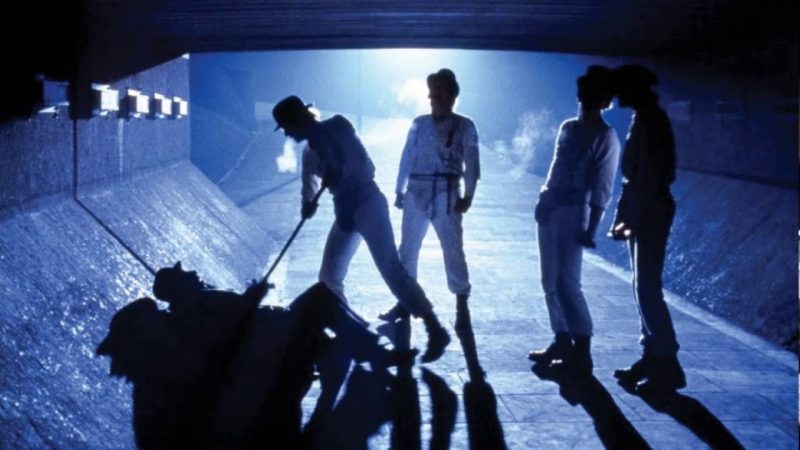
Stanley Kubrick's classic movie about an ultraviolent teen went so far in showing horrific antics, including house invasion and rape, that numerous countries banned the film for decades. In fact, in the United Kingdom it was withdrawn from theaters because Kubrick and his family were receiving death threats. The film didn't play again in the UK until the director's death in 1999.
"Dr. Strangelove or: How I Learned to Stop Worrying and Love the Bomb"
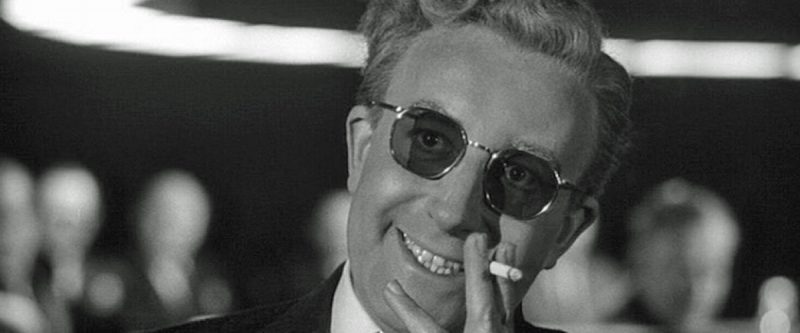
Another Kubrick classic ruffled the feathers of a country that thought its satirical look at the Cold War could cause a real incident. During its 1964 release, Finland banned the movie as the nation was concerned it would offend a neighboring ally, the Soviet Union.
"Cocksucker Blues"
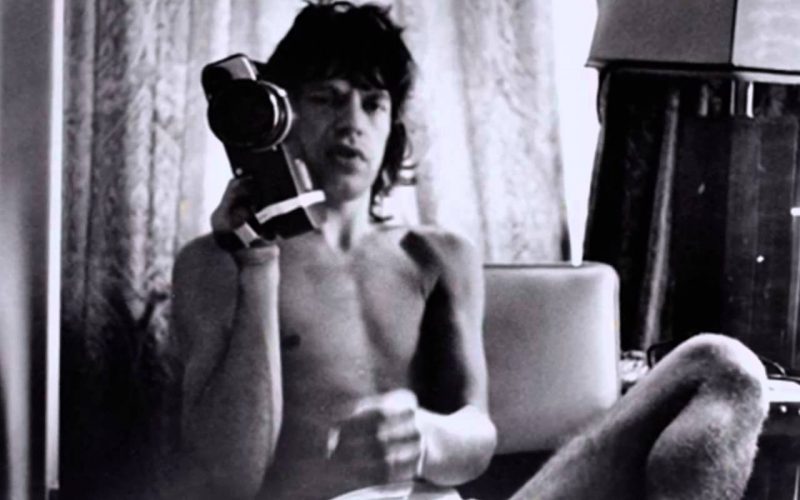
The Rolling Stones were so taken aback by the footage director Robert Frank and Danny Seymour captured for their revealing documentary of the band's 1972 US tour that the band halted the release of the movie. It finally opened in 1979 but under strict guidelines: It could only be shown four times a year, and for the first year it could only be shown in the version that the Stones edited.
"Duck Soup"
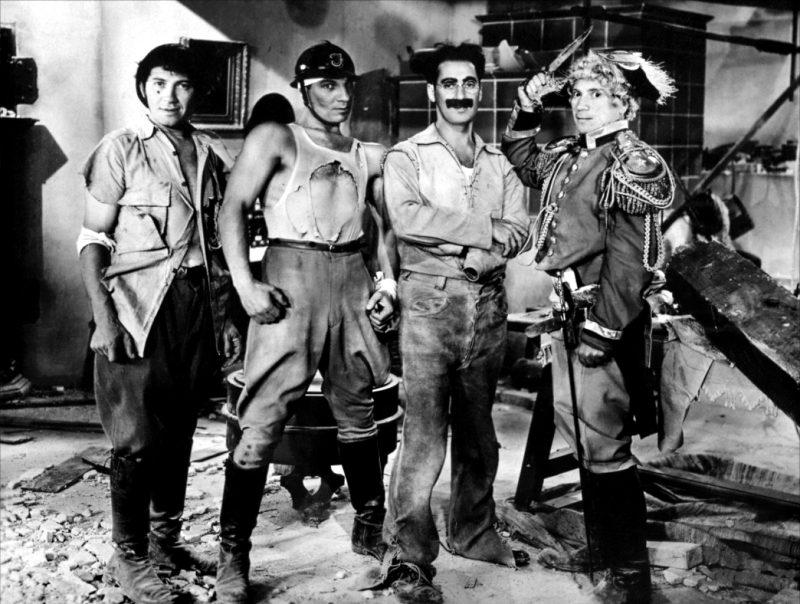
At the height of their popularity, the Marx brothers were a thorn in the side of Italian dictator Benito Mussolini. This satire on war and politics came out in 1933, and Mussolini banned the film in Italy. The Marx brothers were no stranger to being banned, however. Around the same time, they were not allowed to be seen in Nazi Germany because the comics were Jewish.
"Freaks"
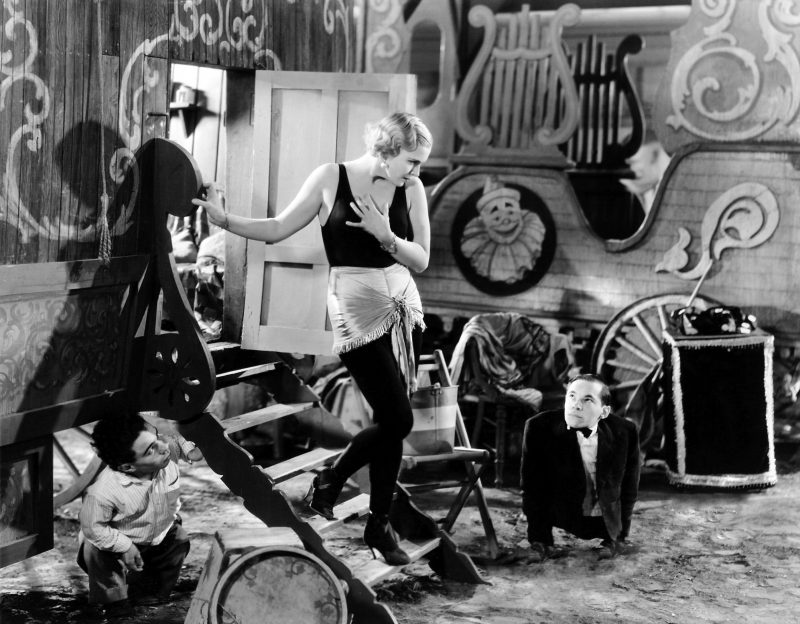
This classic disturbing thriller, which highlights a group of circus sideshow acts who take vengeance on their leader when a beautiful trapeze artist does him wrong, was banned in the UK for 30 years and wasn't available in the country until a home-video version was approved in the early 1990s.
"The Great Dictator"
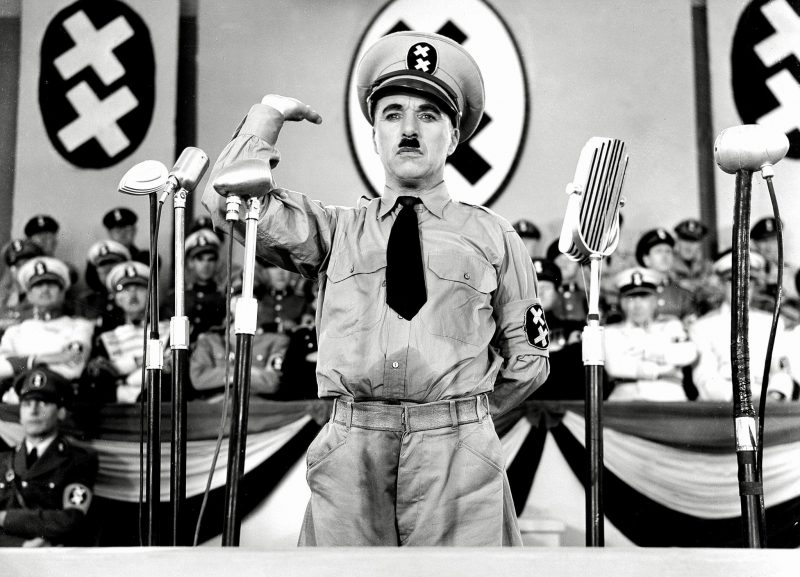
Charlie Chaplin's first talking picture is also his most infamous. As the Nazis ruled Germany, the Hollywood icon wrote, directed, and starred in this satire on fascism. The movie was banned in numerous Latin American countries that were Nazi sympathizers when it was released in 1940 (not to mention in, of course, Nazi Germany).
"The Interview"
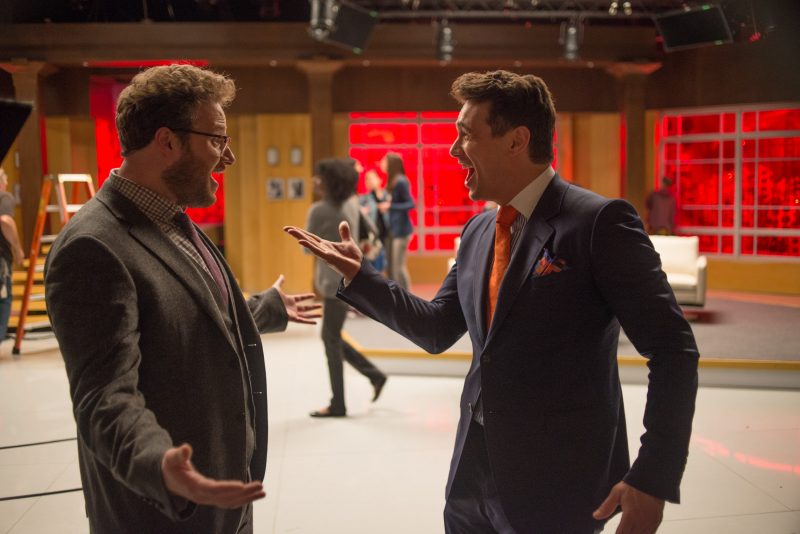
The 2014 Seth Rogen/James Franco comedy in which they play journalists who attempt to assassinate North Korean leader Kim Jong-un has been banned in Russia. (Meanwhile, all American movies are officially banned in North Korea.)
"Last Tango in Paris"
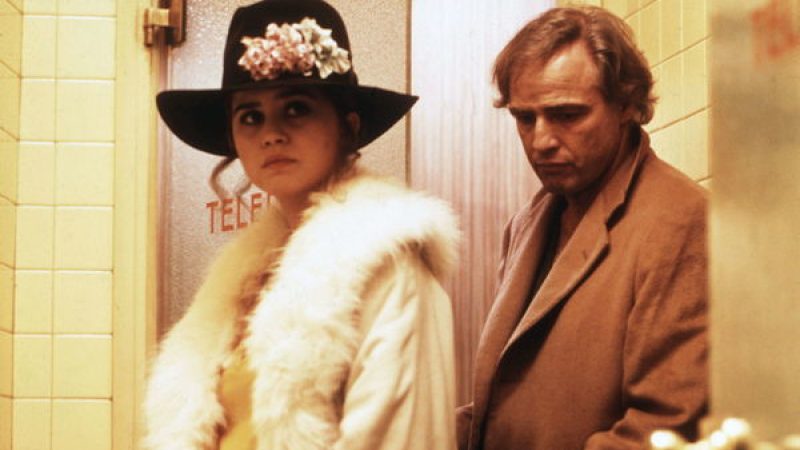
Originally released with an X rating when it opened in the US in 1972, Bernardo Bertolucci's erotic masterpiece had a much worse fate around the world. Banned during its initial release in numerous countries, the movie was not only blocked from viewing in Bertolucci's homeland of Italy until 1986 (after a one-week run) - prints of the movie were also burned and Bertolucci was sentenced to four months in prison for obscenity.
"The Last Temptation of Christ"
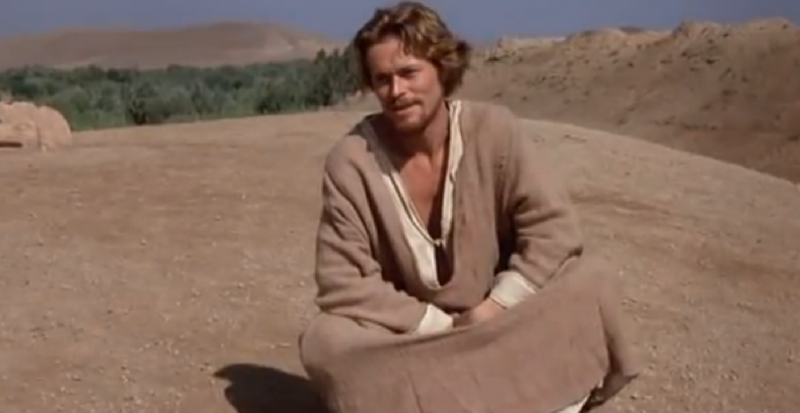
Martin Scorsese's adaptation of the controversial 1955 novel by Nikos Kazantzakis, which gives an alternative fate for Jesus Christ, was banned in numerous counties, and in the US cities that had successful bans during the film's release included: Savannah, Georgia; New Orleans; Oklahoma City; and Santa Ana, California.
"Noah"

Darren Aronofsky's look at Noah's mission before an apocalyptic flood was banned in numerous Middle Eastern countries and areas where the teachings of Islam are prominent before its release in 2014. In many Islamic schools, it is forbidden to portray a prophet, such as Noah.
“Salò, or the 120 Days of Sodom”

One of the most controversial movies ever made due to its graphic violence and sexuality, the movie was banned in numerous countries during its release in 1975 and in the UK was finally released uncut in 2000.
"The Simpsons Movie"
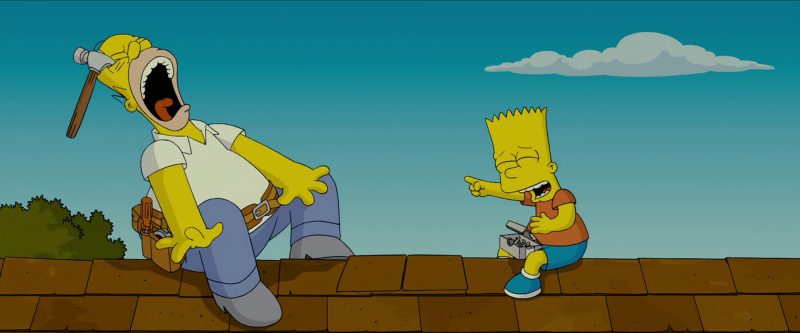
There have been some questionable reasons for banning movies, but this one might be the winner. Burma banned "The Simpsons Movie" in 2007 because of its use of the colors yellow and red, as they can be seen to support rebel groups.
"The Texas Chainsaw Massacre"
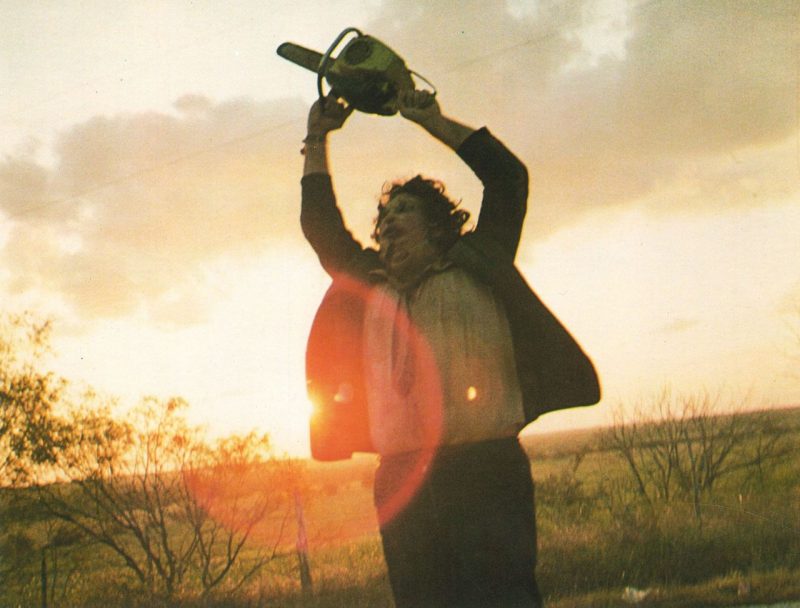
This horror classic was banned in numerous places across the globe when it opened in 1974. The movie was finally shown uncut for the first time in the UK in 1999.
"Cannibal Holocaust"
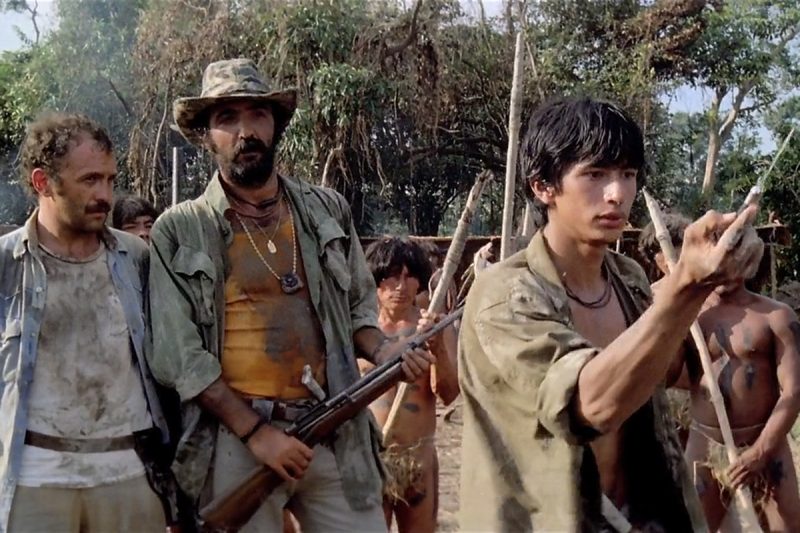
This one will be hard to stomach if you actually watch it, but as one of the first ever "found-footage" horror movies, about a fictional documentary crew shooting a film in the Amazon, it has been hugely influential. It was thought to be so realistic that since its release in 1980 it was banned at one time or another in 40 countries. The movie still cannot be seen in New Zealand.
"The Wolf of Wall Street"
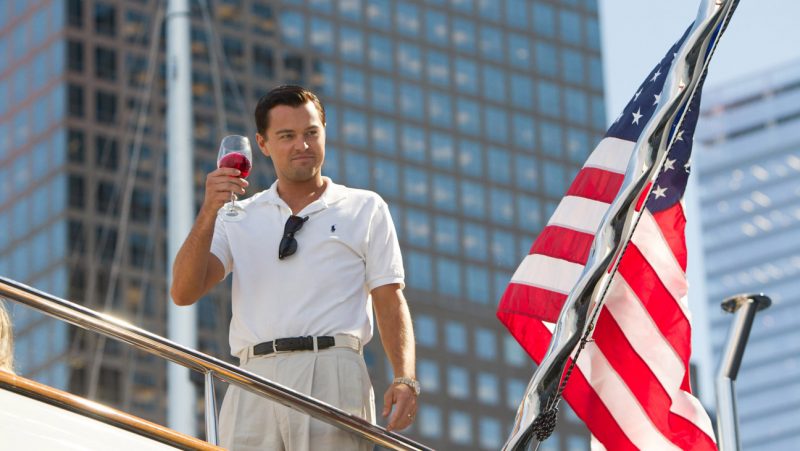
Martin Scorsese hasn't softened with age. His 2013 movie about a stock broker's drug-fueled excesses is banned in Malaysia, Nepal, Zimbabwe, and Kenya.
"Zoolander"
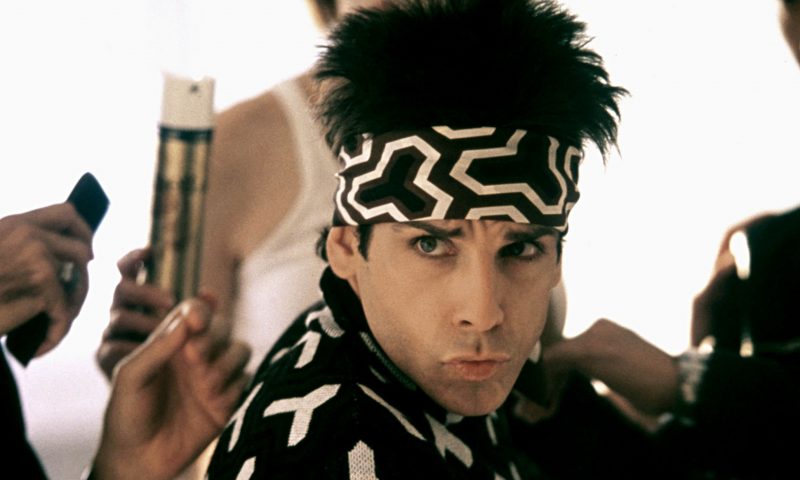
Ben Stiller's hit was banned in a few countries when it was released in 2001 due to gay themes, but it had one more obvious offense. The Malaysian Film Censorship Board has deemed it "definitely unsuitable" as the plot centers on model Derek Zoolander being brainwashed to assassinate the prime minister of Malaysia.
"Amazing Grace"
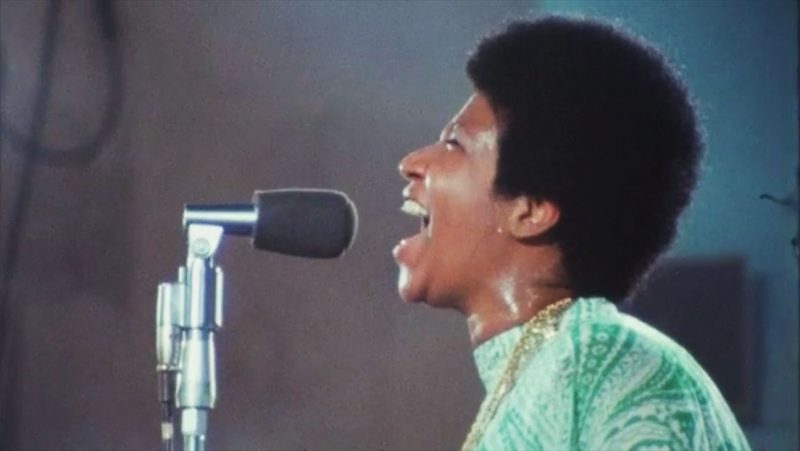
This documentary made by the late Sydney Pollack looks at the little-known two-night live recordings Aretha Franklin did with LA's New Temple Missionary Baptist Church in 1972 for her best-selling album "Amazing Grace," which was released the same year. Pollack was there with a four-man crew and shot over 20 hours of footage.
In 2015, the film was finally to hit the festival circuit - first Telluride then Toronto - but Franklin's lawyers put a stop to it being shown, stating that the artist hasn't given her consent to use her name and likeness. The producers of the film tried to show it again at this year's Telluride Film Festival but were once again stopped by Franklin's lawyers.

